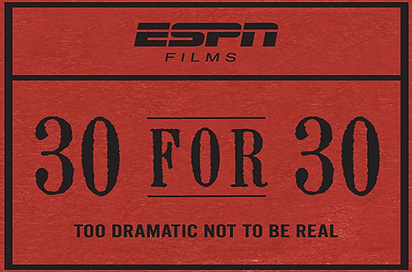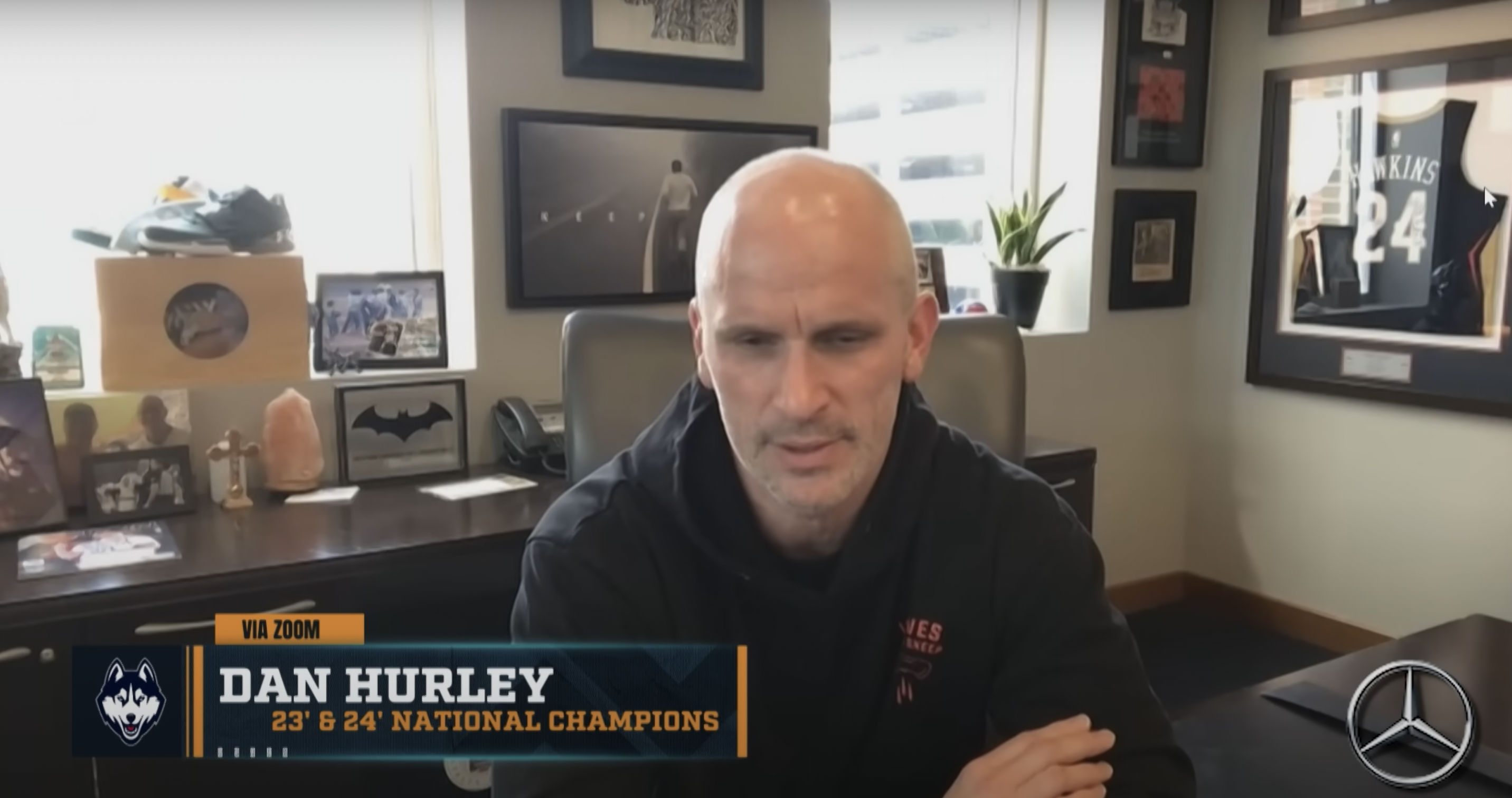Two of ESPN's leading lights are coming together in the build to the 2014 World Cup – the network's acclaimed global soccer coverage and its documentary series 30 for 30. Beginning in April, ESPN will launch 30 for 30: Soccer Stories, a series of 8 films (2 feature length and 6 half hour shorts) centering on the soccer world. ESPN will also produce 10 shorter vignettes about Braziilian culture that will be rolled out during its World Cup telecasts.
One of the great features of 30 for 30 is its ability to tell both well-known sports stories in a new and interesting way and bring to light fascinating stories that aren't known by the wider population. With its selections for 30 for 30: Soccer Stories, ESPN is following that same blueprint. Topics for the soccer-centric 30 for 30 that even casual soccer fans may be aware of include the Hillborough Disaster and Diego Maradona's performance at the 1986 World Cup. Alas, the true treasure of this series may be in the stories of Ossie Ardiles, Moacir Barbosa, and the Jules Rimet Trophy.
Here's the full rundown of 30 for 30: Soccer Stories. The first two entries are the feature films of the series while the final six are 30 minute episodes..
Hillsborough – The Hillsborough Stadium Disaster in 1989 is perhaps the darkest hour in the history of English soccer. 96 Liverpool fans died after they were crushed in a mass of humanity at an FA Cup semifinal. Although the Liverpool fans were initially blamed by police and the media, investigations later found the lack of police control and crowd safety were to blame. Hillsborough led the country to greater improve safety for fans at grounds all around the country and the tragedy changed the English game forever.
White, Blue, and White – This follows 1978 Argentinian World Cup winner Ossie Ardiles as one of the first international players to star in the English top flight. With England and Argentina going to war over the Falkland Islands, Ardiles was in the middle of the conflict and loaned away from Tottenham Hotspur in 1982.
Garrincha: Crippled Angel – Next to Pele, Garrincha may be the biggest superstar in Brazilian soccer history. In spite of his crooked legs that made doctors think he'd never play professionally, his exciting style of play made soccer a spectacle. However, his life crashed after his playing days as he died of alcoholism in 1983.
Barbosa, The Man Who Made All of Brazil Cry – The decisive match of the 1950 World Cup is one of the great upsets in the history of sports. Unlike other tournaments, the winner was decided by a four team final group playing in a round robin format. The champion of the tournament would be decided by the final match – Brazil vs Uruguay. Brazil only needed a tie at home to claim the trophy, which was perceived as a fait accompli. Uruguay won the game 2-1 in front of 200,000 fans at the Maracana, the site of this year's World Cup Final. Goalkeeper Moacir Balboa was made into the scapegoat and blacklisted from the national team.
Ceasefire Massacre – Soccer is the framing for this film about the LoughinIsland Massacre in Northern Ireland during a 1994 World Cup game between Ireland and Italy.
The Opposition – The story of the 1973 World Cup playoff between the Soviet Union and Chile is almost unthinkable today. After Augusto Pinochet seized control in Chile, the national stadium was used to torture and kill his enemies. Weeks later, the Soviet Union refused to play the second leg of their World Cup playoff at the site. FIFA refused to move the game and Chile advanced to the World Cup.
Mysteries of the Jules Rimet Trophy – The original trophy for the FIFA World Cup winner was permanently awarded to Brazil after their third victory in 1970, as stipulated by the former FIFA president after whom the trophy was named. In 1983, it was stolen and has never been recovered. This film tells of the first attempt to steal the trophy when Nazis tried to take it out of Italy during World War II.
Maradona '86 – Perhaps the most straight-forward of the series, this doc looks at Diego Maradona's legendary performance at the 1986 World Cup, where he scored two of the most notable goals in the history of soccer. In Argentina's Quarterfinal against England, Maradona scored the Hand of God goal and the Goal of the Century within 3 minutes of each other. Argentina won the tournament and Maradona won the golden ball as its most outstanding player.
There's no doubt that this series should continue to boost the prestige level of both ESPN's global soccer coverage and its 30 for 30 documentary series. This will be an outstanding way to build to the 2014 World Cup and it wouldn't surprise me at all to see this land on a few lists of the Best of 2014 at the end of the year.





